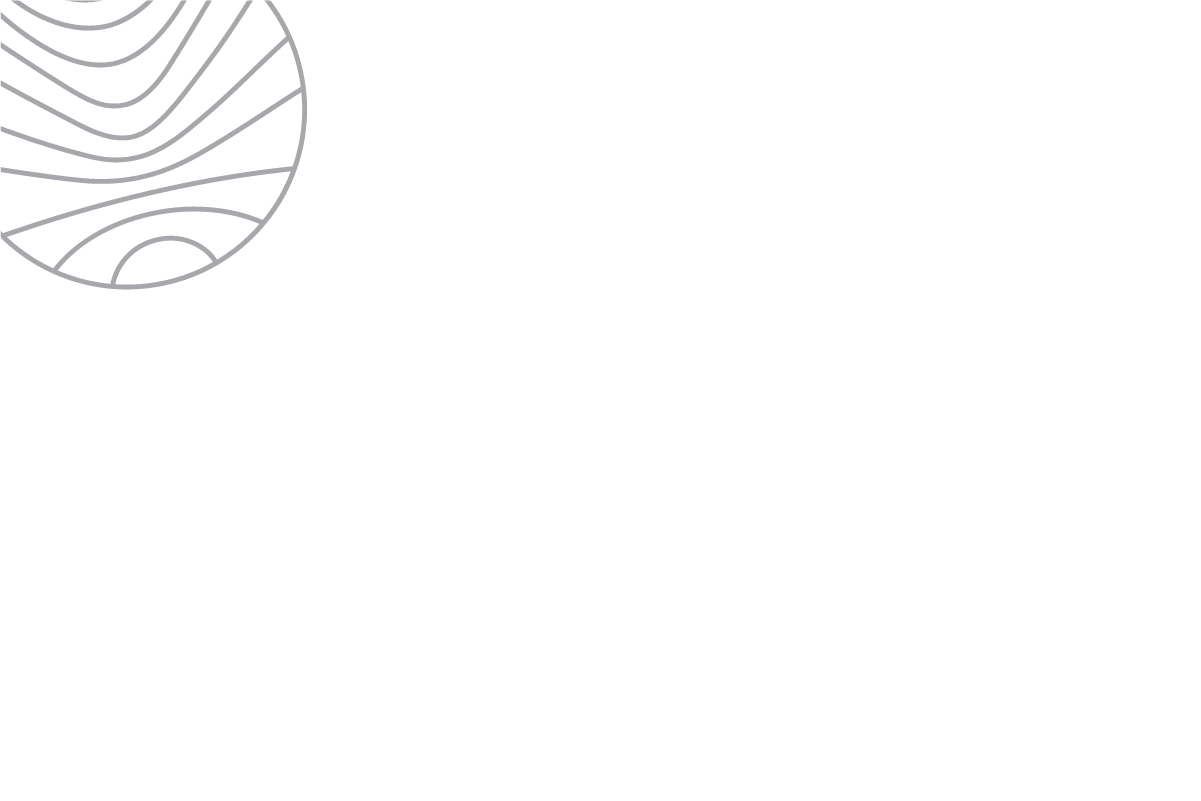The journey of aging is an inevitable part of life, and as the years unfold, resilience emerges as a guiding force that shapes the experience of older adults. In the face of physical changes, cognitive shifts, and evolving social dynamics, resilience becomes a cornerstone for aging with strength and grace.
In recent years, the concept of successful aging has gained traction, highlighting the importance of maintaining physical health, cognitive function, and emotional well-being in our senior years. At the heart of this paradigm lies the remarkable trait of resiliency, a key factor that enables individuals to navigate the challenges of aging.
Understanding Resiliency
Resiliency, often defined as the ability to bounce back from adversity, is a fundamental characteristic that contributes to successful aging. For older adults, it involves adapting to life's inevitable changes, whether they be physical, social, or emotional. Resilient individuals possess a positive mindset, flexibility, and a capacity to find purpose and joy in the face of challenges.
The Physical, Cognitive, Emotional, and Social Aspects That Contribute to Fulfilling Aging
Physical Resilience: Nurturing the Temple of the Body
Physical resilience forms the bedrock of successful aging. As the body undergoes natural changes, resilient seniors proactively engage in activities that promote health and well-being. Regular exercise, tailored to individual capabilities, helps maintain muscle strength, flexibility, and cardiovascular health. From yoga to walking, finding enjoyable activities fosters physical resilience and ensures a more active and independent lifestyle.
Moreover, nutrition plays a crucial role in supporting the body's resilience. A balanced diet rich in vitamins, minerals, and antioxidants provides the necessary fuel for optimal functioning. Seniors can explore nutritional plans that align with their health needs, contributing to sustained energy levels and overall vitality.
“As the saying goes, tell me what you eat and I will tell you what you are! Food has always been the cornerstone of a life filled with wellness and vitality. It's thrilling to think that the foods readily found on this planet consumed individually or together can have such a vast impact on health outcomes, especially for seniors,” said Matt Perez, MBK Senior Living’s National Director of Dining Services. “Whether dark leafy greens, blackberries, or wild salmon, all the medicine that's needed for elders to live optimally is at the focus of our curation. At MBK, we strive to add Thrive into Seniors Lives!”
Cognitive Resilience: Nourishing the Mind for Lifelong Learning
Aging is often associated with cognitive changes, but resilient individuals actively engage their brains to maintain cognitive function. Mental stimulation through activities like reading, puzzles, and lifelong learning can contribute to cognitive resilience. Additionally, fostering social connections and staying socially active has been linked to a lower risk of cognitive decline.
As the years unfold, cognitive resilience becomes paramount in navigating the changes in memory and cognitive function that often accompany aging. Engaging in activities that stimulate the mind, such as reading, puzzles, and lifelong learning, helps maintain cognitive abilities and promotes neural plasticity. Learning new skills or pursuing hobbies not only provides mental stimulation but also instills a sense of accomplishment and purpose.
Social engagement is another key aspect of cognitive resilience. Meaningful conversations, social activities, and staying connected with friends and family contribute to a rich tapestry of experiences that support cognitive well-being. Additionally, mindfulness practices, such as meditation, have shown positive effects on cognitive function, promoting emotional resilience as well.
Emotional Resilience: Cultivating Inner Strength
The emotional aspect of aging is equally crucial. Resilient seniors tend to maintain a positive outlook on life, embracing a mindset that focuses on gratitude and acceptance. They understand that life is dynamic, and while challenges may arise, there is always room for growth and joy. Developing emotional resilience involves cultivating a support network, seeking help when needed, and practicing self-compassion.
Aging often brings a multitude of emotional experiences, from the joy of cherished memories to the challenge of facing loss. Resilient seniors approach these emotions with a sense of acceptance and adaptability. Cultivating emotional resilience involves fostering a positive mindset, practicing gratitude, and embracing the ebb and flow of life's emotional landscape.
Maintaining strong social connections is an important aspect of emotional resilience. Whether through family, friends, or community involvement, a robust support system provides a safety net during times of emotional upheaval. Seeking professional support when needed is also a sign of emotional resilience, demonstrating a proactive approach to mental well-being.
Social Resilience: Building a Tapestry of Connection
Social connections play a pivotal role in successful aging. Resilient seniors build and maintain strong social networks, staying connected with friends, family, and the community. These connections provide emotional support, reduce feelings of isolation, and contribute to a sense of belonging.
Social resilience is about maintaining and building connections that bring joy, support, and a sense of belonging. Seniors who actively nurture their social networks often experience a higher quality of life. Joining clubs, volunteering, and participating in community events are excellent ways to stay socially engaged.
Adapting to changes in social dynamics, such as retirement or the loss of a spouse, requires resilience. Seniors who approach these transitions with an open mind and a willingness to forge new connections often discover rich opportunities for personal growth and fulfillment. Embracing technology for communication can bridge geographical gaps, fostering connections with loved ones near and far.
Tips for Building Resiliency in Seniors
Practicing these five tips can not only help one build resilience but also maintain it.
-
Stay Physically Active. Engage in regular exercise that suits your abilities and preferences.
-
Cultivate Cognitive Stimuli. Challenge your brain with activities that promote mental agility and lifelong learning.
-
Foster Emotional Well-Being. Cultivate a positive mindset, practice gratitude, and seek professional support when needed.
-
Nurture Social Connections. Stay connected with loved ones, join community groups, and participate in social activities.
-
Adapt to Change. Embrace flexibility and find meaning in life's transitions, accepting that change is a natural part of the aging process.
When asked about tips for building resiliency in seniors, MBK Senior Living’s Donal McGraw, Regional Director of Wellness Programming, shared that he believes the key takeaway should be don’t stop doing what’s hard; do more of it. “It is incredibly important that as people age, they continue to move naturally as much as possible. An example is going up the stairs. The challenge of tackling stairs creates a world where someone will no longer go up them,” he said. “Going up stairs is a skill and when one stops practicing that skill, it will be lost. The more you do it, the increased likelihood you have for keeping that ability.”
Aging doesn't have to be a time of decline; rather, it can be a period of growth, resilience, and fulfillment. Successful aging is achievable by cultivating physical, cognitive, emotional, and social resilience. By adopting a positive and proactive approach to life's changes, seniors can enhance their well-being, maintain their independence, and continue to lead meaningful and fulfilling lives. Embracing resiliency paves the way for aging with grace, wisdom, and a vibrant spirit.





